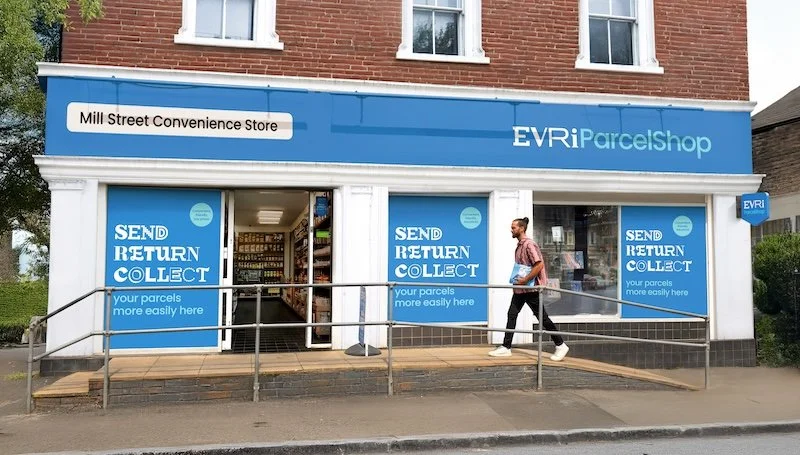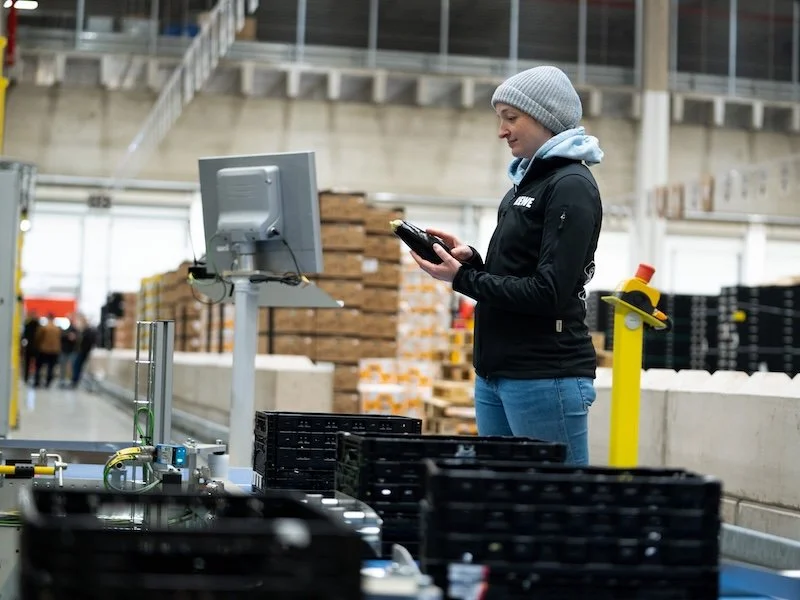Why your business needs a mobile app in 2025 (even if you’re not a technology company)
It is not necessary to have the biggest ad budget or the fanciest product to become a successful company. It is enough to show up where your customers already are - on their phones. If your business is not mobile ready, you are invisible.
Your customers live on their phones. They scroll, shop, book, review, chat, pay, and repeat. They do all that without ever touching a desktop. According to the latest stats, people spend an average of 4–5 hours a day on their mobile devices.
More than 80% of that time is spent inside apps. So, here is the big question: is your business there? If your answer is “no,” “kind of,” or “we are thinking about it,” this article is for you. We are here to provide you with some solid arguments toward creating a mobile app for your business.
“But We Are Not a Tech Company…”
That is the most common pushback we hear. It makes sense, for sure. Maybe you run a fitness studio, a coffee shop, a dental clinic, or a B2B logistics company. Why would you need a mobile app? That truth is that in 2025, every business is a digital business.
You do not have to build the next Uber or TikTok. But you do need to meet your customers where they are. And your target audience expects brands to offer app-based convenience, communication, and customisation. The bar is higher than ever.
What a Mobile App Can Do for Your Business
Still not convinced why you need to hire ECO & Tech to develop a mobile app for you? Let us break down what a well designed mobile app can offer your business.
1. Better Customer Engagement
Websites are great. However, nothing beats the engagement power of a mobile app. With push notifications, in-app messaging, and personalised content, you can talk to your customers directly. Imagine you are running a local café. With a dedicated app, you can send app users a push alert about a limited-edition drink - boom, you get an instant traffic spike.
2. Effective Loyalty Programmes
Loyalty cards are dead; nobody wants to carry a stack of punch cards anymore. The situation is completely different with digital loyalty programs inside your app. That is a win-win solution. This way, you can offer rewards, points, exclusive discounts, or early access to products. All these can be automatically tracked and updated in-app. Customers love it, and they will keep coming back for more.
3. Frictionless Shopping and Booking
You may be selling physical products or services. It doesn’t matter. Mobile applications make the process smooth. You get fewer clicks, saved preferences, one-tap reorders, real-time inventory, or schedule views. That smooth experience leads to higher conversion rates and repeat purchases.
4. First-Party Data You Own
With a mobile app, you can collect first-party data directly from your customers. This can be just anything - from behaviour patterns and preferences to their order history and feedback. There is no need to use and pay for third-party platforms. Get clean, actionable insights right in the application that you run yourself.
5. Solid Brand Presence
Even if they do not open your app daily, the brand awareness alone is powerful. You stay top of mind, even without spending more on ads. It is like having a 24/7 marketing billboard in their hand.
Businesses That Can Win From Having a Mobile App
You do not necessarily need to be a tech giant to benefit from having a mobile app. Businesses of all kinds are seeing massive ROI from their apps.
● Salons and spas use apps for appointment scheduling, reminders, and membership perks.
● Gyms and fitness brands offer class booking, workout plans, and tracking tools inside their app.
● Restaurants and coffee chains build custom order flows, loyalty points, and mobile payments.
● Service-based companies enable fast booking and live chat in their app.
● B2B companies use apps for order tracking, inventory management, and account support.
Stop thinking that mobile applications are just for Silicon Valley. They are for everybody now.
“But It’s Expensive, Right?”
Well, it is a yes-and-no question. It all depends on your needs, expectations, and budget. Building an app in 2025 does not have to break the bank. Thanks to no-code and low-code platforms, even small businesses can launch powerful apps without a huge development team.
You can start learning with well defined steps to build a mobile app and scale up later as your needs grow. Think of it like building a website ten years ago. It seemed complex, but now it is standard practice. A decent mobile app today can cost less than a year’s worth of Google Ads. And often it delivers better ROI long term.
Common Myths About Mobile App Development
There are a lot of myths floating around when it comes to mobile apps. Small business owners and those in non-tech industries deal with many misconceptions. Have you been holding off because of what you think an app involves? Let us set the record straight on some of the most common misconceptions.
MYTH 1 — My customers won’t download another app
Wrong. If your app gives them value, they will download it without hesitation, especially if you launch it with an incentive.
MYTH 2 — It’s just a copy of my website
Nope. Your app should be optimised for mobile behaviour. That means quick access to top features, native integrations, and smoother UX than any mobile browser can offer. It is not a copy of your website, it is an upgrade.
MYTH 3 — I won’t see a return
If your app increases repeat purchases, improves customer retention, and reduces friction in buying or booking, then it will definitely return value. The ROI depends on how you use it, just like any business tool.
What to Include in Your App
You don’t need a million features. Just nail the basics your customers want. Ensure an easy login. Ideally, aim for biometric or one-tap login. Make navigation to top features crystal clear.
Users should not have problems with ordering, booking, loyalty, etc. Enable push notifications for promos, updates, and reminders. Add live chat or support options and secure checkout or form submission. User profiles with saved preferences and in-app feedback collection will also be beneficial to have.
The Future Is Mobile (Still)
We have been saying “the future is mobile” for a while now. But in 2025, it is no longer the future. It is the reality. It is no longer necessary to have the biggest ad budget or the fanciest product in order to become a successful company. It is enough to show up where your customers already are - on their phones.
If your business is not mobile ready, you are invisible.































Continue reading…